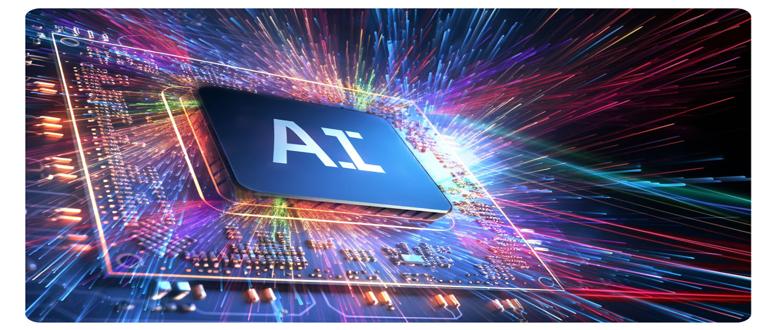
Mounting fears of an artificial intelligence (AI) bubble, which has battered tech stocks in recent weeks amid dire projections about AI enterprise use and overhype, increasingly is stoking paranoia about a stock market crash like the one that roiled the dot-com industry at the start of the century.
Even OpenAI CEO Sam Altman acknowledged AI is experiencing a speculative bubble driven by overexcited investors, though he simultaneously defended AI as “the most important thing to happen in a very long time.”
In a recent interview with The Verge, Altman compared the current AI investment frenzy to historical bubbles, including the dot-com crash of the early 2000s, suggesting that while market enthusiasm has reached unsustainable levels, the underlying technology remains fundamentally transformative.
“When bubbles happen, smart people get overexcited about a kernel of truth,” Altman said. “If you look at most of the bubbles in history, like the tech bubble, there was a real thing. Tech was really important. The internet was a really big deal. People got overexcited.”
The AI bubble debate has reached fever pitch. Recent MIT studies suggest 95% of companies see no returns on the bottom line from generative AI. Tech stocks are sliding, as reflected in a loss of $1 trillion in the U.S. stock market over four days last week during a sell-off. In recent months, Alibaba co-founder Joe Tsai and C3.ai CEO Tom Siebel have voiced concerns about the frantic building of AI data centers “on spec” and massively overvalued companies like OpenAI, respectively. Ray Dalio, founder of Bridgewater Associates, compared the current cycle to 1998-9, shortly before the dot-com crash.
And the anxiety is likely to rise this week when several AI companies, most notably NVIDIA Corp., announce their quarterly results.
Yet despite this growing chorus of warnings, the AI revolution shows few signs of slowing. Unlike previous tech bubbles built on speculation and promises, the current AI boom is underpinned by massive infrastructure investments. Data center buildouts supporting AI expansion are expected to reach $364 billion in 2025, an unprecedented scale that dwarfs even the cloud computing revolution.
Former Google CEO Eric Schmidt argues the current frothy excitement is not a bubble but rather the emergence of a new industrial structure.
Still, Altman’s comments highlight the central paradox facing the AI industry: Legitimate technological breakthroughs in large language models (LLMs) and generative tools have created genuine innovation, but market valuations may have outpaced the technology’s immediate commercial applications.
Nonetheless, Altman and Big Tech leaders continue to emphasize an unwavering belief in AI’s long-term significance despite some recent pullback on AI talent spending by Meta Platforms Inc. and layoffs at Microsoft Corp. and Amazon.com Inc.
“Is AI the most important thing to happen in a very long time? My opinion is also yes,” Altman said, framing AI as a general-purpose technology comparable to electricity or the internet, with the potential to reshape entire industries and daily life.
Perhaps the strongest argument against an imminent bubble burst lies in the competitive dynamics driving continued investment. The gap between U.S. and Chinese AI capabilities has narrowed dramatically — from 9.3% in January 2024 to 1.7% in February 2025, adding urgency to American tech investments.

